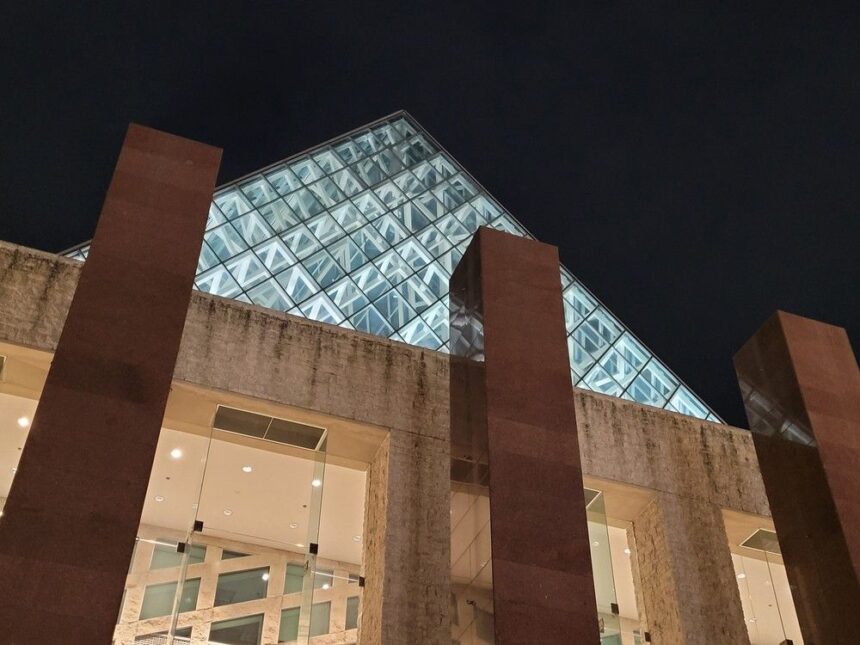The cost of living in Edmonton just got a bit steeper. Last week, city council finalized a 5.7% property tax increase for 2024, slightly higher than what many homeowners had anticipated. For the average Edmonton homeowner with a property valued at $425,500, this means paying about $747 more annually.
As I walked through my Westmount neighborhood yesterday morning, conversations at the local coffee shop inevitably turned to this news. Most residents I spoke with expressed concern about the timing of this increase amid already challenging economic conditions.
“We’re already stretching every dollar with inflation hitting groceries and gas,” said Martin Keller, who’s owned his Ritchie area home for over 15 years. “It feels like another squeeze when we’re already tight.”
The tax increase follows intense budget deliberations where council members struggled to balance infrastructure needs with affordability concerns. Mayor Amarjeet Sohi defended the decision, noting that essential services like snow removal, road maintenance, and community programs require sustainable funding.
“This isn’t a decision we made lightly,” explained Councillor Anne Stevenson during the final vote. “We’ve trimmed where possible while preserving core services that Edmontonians depend on.”
Meanwhile, on the provincial front, Premier Danielle Smith announced the UCP government would maintain grants in place of taxes (GIPOT) payments to municipalities. These grants are crucial for Edmonton, representing compensation for provincial properties that would otherwise generate municipal tax revenue.
The GIPOT program has been a source of ongoing tension between provincial and municipal governments. While the province has committed to maintaining current payment levels, city officials argue these amounts haven’t kept pace with property values or inflation over time.
City financial analysts estimate Edmonton receives approximately $30 million less annually than it would if provincial properties paid taxes at standard rates. This shortfall inevitably shifts more burden to residential and commercial property owners.
Provincial Affairs Minister Rebecca Schulz maintained that the government is providing fair compensation while managing its own fiscal challenges. “We’re committed to supporting municipalities while being accountable to all Alberta taxpayers,” she stated in a press conference at the Legislature.
For everyday Edmontonians, these political dynamics translate to real financial impact. The Edmonton Social Planning Council highlights that for lower-income homeowners, the increased property tax represents a higher percentage of their disposable income.
“We’re particularly concerned about seniors on fixed incomes and young families who bought at the peak of the market,” explained Susan Carter, a financial counselor with the Edmonton Financial Empowerment Collaborative. “When combined with utility increases and other rising costs, this creates genuine hardship.”
Some relief measures are available. The Property Tax Assistance Program offers support for qualified low-income homeowners and seniors, though critics note the application process can be cumbersome and awareness of the program remains limited.
City administration has committed to improving operational efficiencies, with City Manager Andre Corbould announcing a service review aimed at finding $60 million in savings over the next three years. However, these potential future savings offer little immediate relief to taxpayers facing higher bills this spring.
Business owners are feeling the pressure too. The Edmonton Chamber of Commerce expressed disappointment with the tax rate, noting commercial properties typically shoulder a disproportionate tax burden compared to residential properties.
“Small businesses are still recovering from pandemic impacts,” said Janet Morris, who operates a boutique on 124 Street. “Higher property taxes get passed along somewhere – either to customers through higher prices or absorbed by already thin profit margins.”
For perspective, Edmonton’s 5.7% increase falls roughly in the middle compared to other major Canadian cities this year. Calgary approved a 3.8% increase, while Vancouver implemented a 7.5% property tax hike.
As tax notices arrive in mailboxes across the city this May, Edmontonians will need to adjust household budgets accordingly. The city offers monthly payment plans that can help spread the impact throughout the year rather than requiring one lump sum payment.







